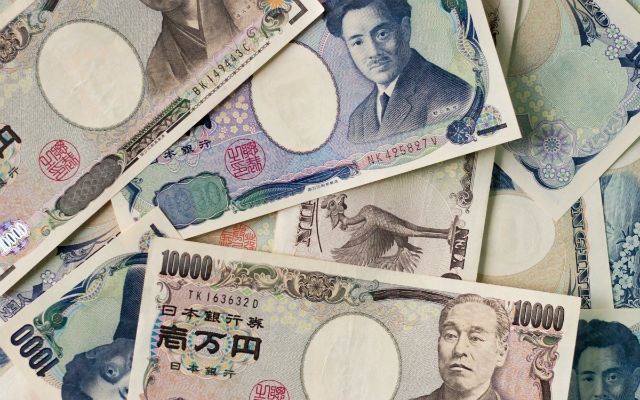
Source: Japanexperterna via flickr | CC by SA 2.0
A glitch in the 100,000 yen payout scheme; what about the homeless?
- Tags:
- Controversy / coronavirus / Japan
Related Article
-

Felt artist’s terrifyingly real Roomba cat creation glides and meows when summoned
-

Historical Clay Haniwa Transformed Into Playful Figures By Japanese Potter
-

Dragon Ball Z Composer Nathan Johnson Elected To Texas State Senate
-

Hibernate this winter as a giant Japanese flying squirrel with this wearable blanket
-

Japan Celebrates Year Of The Rat With Impossibly Cute Capybara Hot Spring
-

Warm drinks and fluffy pancakes arrive at Tully’s to keep you warm this winter


For some time now residents of Japan have been patiently awaiting the arrival of the 100,000 yen handouts from the Japanese government. To many people, this support scheme is so much more than just money – it is a lifeline.
But for one city in western Japan, the homeless and those without a bank account were initially excluded from the system, which ultimately led to a situation where the most vulnerable (whom the system was designed to support) were denied access to much needed support.
Plans for a blanket payout scheme was announced in April by the government. Initially the government was going to hand out 300,000 yen to certain eligible households, but following wide criticism this was scrapped and replaced by the national scheme, whereby all residents (foreign and international) registered in Japan will be able to receive the money. This scheme also enables access for the homeless and impoverished, as long as they are registered as a citizen in any municipality.
Despite the clear message that the package is meant for every individual in Japan, it seems that Kochi City (Shikoku) didn’t quite get the same memo as everywhere else, at first denying the payout to those without bank accounts.
Following the announcement of the scheme in April, the city was quick to set up a special counter for the deprived, allowing early access to the money. However, in a misleading manner, there was no space on the application form for receiving the money in any other way other than a bank account. And as any foreigner living in Japan will know, opening a bank account is no easy gig – you need paperwork, identification forms, a permanent address and someone to vouch for you.
According to Kyodo News, local authorities from the area explained the decision to exclude impoverished people from the scheme was that “such people are members of anti-social organizations such as organised crime syndicates”.
This stereotyping stems from 2008, when handlers of a 12,000 yen package (meant for all residents as part of support from the government during the global financial crisis), concluded that the majority of people without a bank account were members of antisocial and organised crime groups and were not in need of money.
The mayor of Kochi city, Seiya Okazaki denies the accusation, stating in a message on the city page that although handlers of the 2008 payout had found that some people without bank accounts had been anti-social group members, this did not mean that the city was excluding the impoverished from the current handout system. Okazaki then reports that at least 6 people have received the 100,000 yen via cash in person.
Whether the payment of 6 people sans a bank account is an achievement is questionable. It is unlikely that the city has only 6 residents without an account, and it can be assumed that more people will need to receive the handout via cash payment.
Deliberate mistake or human error, hopefully the city will be able to make amends and ensure that all residents, with a roof over their head or not, receive the support package they are entitled to.